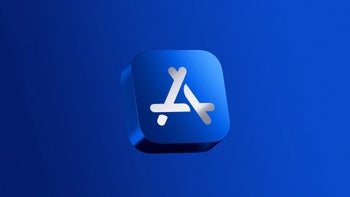After killing Apple's Lightning port, EU nixing the iPhone's App Store exclusivity in iOS 17

Apple has long been adversarial to the idea of installing apps directly and bypassing its App Store vetting process, the so-called sideloading. Its argument is tried and true - sideloading increases the risk of installing malicious apps or throwing the system off track with shoddily coded apps.
Now, however, it may have to prepare for the advent of sideloading iPhone apps as soon as iOS 17 thanks to a new European Union law called the Digital Markets Act. It requires that operating systems allow alternative ways for app installations or even third-party app sources.
Android users have long enjoyed the ability to explore the app world beyond its Play Store, with alternative app aggregators letting them find older application versions that work on their phones, or bypass georestricted installations.
Bloomberg's Mark Gurman now mentions in his WWDC 2023 recap that Apple will announce iOS 17 there, as can be expected from a developer conference. With it, he mentions, Apple will be "working to overhaul the software to open up the iPhone to sideloading - the downloading of apps outside of its official store - to comply with new European regulations by next year.
Apple's Tim Cook and Craig Federighi, the head of the software department, are both on record vehemently defending the exclusive nature of the App Store on iPhone handsets and iPad tablets for privacy, security, and system stability reasons.
The European Union's Digital Market Act, however, requires that all electronics devices sold on its territory allow alternative app installation avenues so that both users and developers have a choice how to obtain and distribute their software. This mandate may force Apple to lift its restrictions on sideloading in some way that is yet to be disclosed at WWDC with iOS 17.
After all, all rumors point to Apple budging on the universal USB-C charging and data port standard with the iPhone 15 series, so EU mandates apparently have a sway with its upper management. Apple wouldn't want to lose the world's largest common trading block as a market, so it could ultimately give in on the sideloading app mandate, too, which could open a whole new window of opportunity for iPhone users and developers alike.










Things that are NOT allowed: